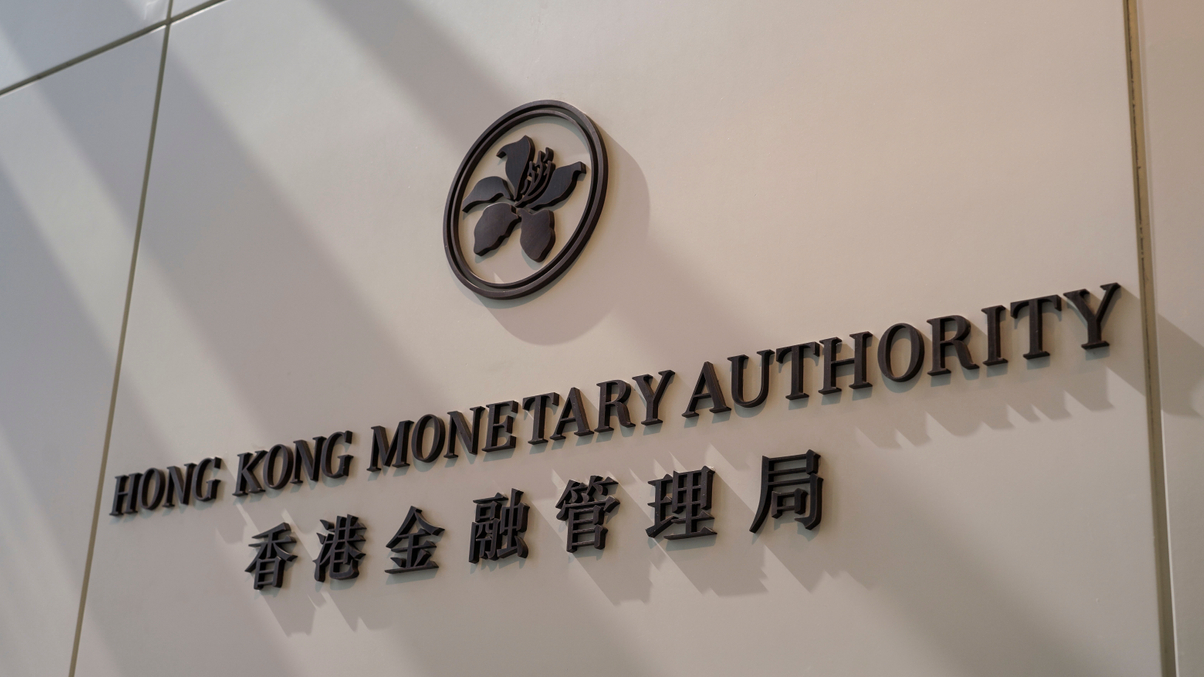HKMA Exchange Fund increases exposure to managers with local presence
The $509 billion government fund seeks to encourage investment managers’ expansion in Hong Kong to consolidate the city’s financial hub status.

The Hong Kong Monetary Authority’s Exchange Fund has gradually increased its investment exposure to external managers with “major operations” in Hong Kong in recent years to encourage their business expansion in the financial centre.
Sign in to read on!
Registered users get 2 free articles in 30 days.
Subscribers have full unlimited access to AsianInvestor
Not signed up? New users get 2 free articles per month, plus a 7-day unlimited free trial.
¬ Haymarket Media Limited. All rights reserved.


